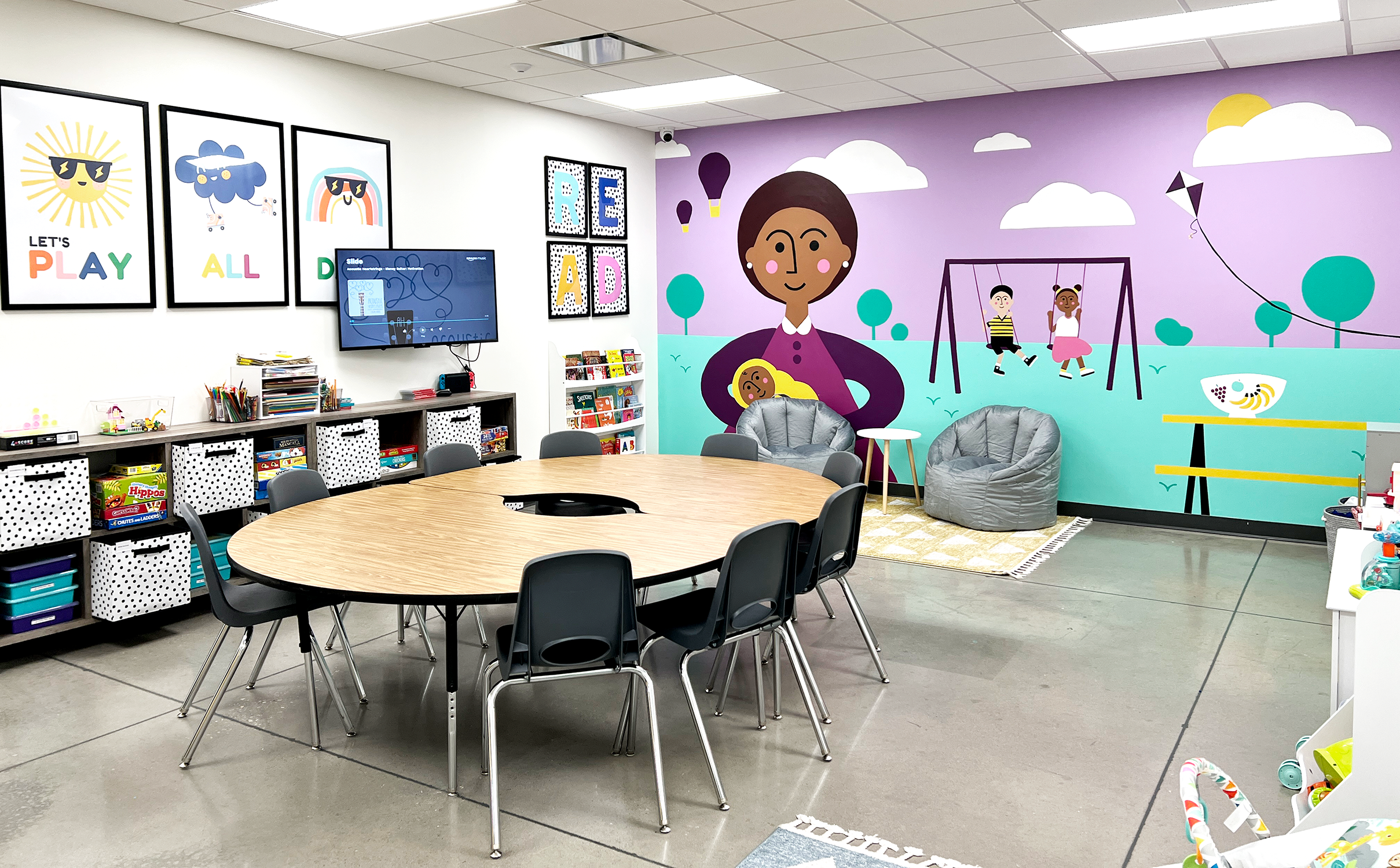
Since opening our doors in 1985, Genesis Women's Shelter & Support has provided safety, shelter and support to thousands of women and children experiencing domestic abuse. Genesis is committed to removing all obstacles a woman may face on her path to healing from the trauma of abuse.
Our Mission
To provide safety, shelter and support to women and children experiencing domestic violence, and to raise awareness regarding its cause, prevalence and impact.
Our Vision
PREVENT domestic violence by raising awareness regarding its pervasiveness and effects.
REDUCE the impact of those who have experienced domestic violence.
END domestic violence.
Our Values
Compassion
Respect
Integrity
Zero-Tolerance
Excellence
Innovation
Empowerment
Collaboration
Genesis 24-Hour Helpline
Call or Text: 214.946.HELP (4357)
The Genesis 24-Hour Helpline is a support service available by call or text anytime of the day or night. All Genesis services, including the 24-hour helpline, are free, confidential and available in English and Spanish.
What is Domestic Violence?
Domestic violence is a pattern of violent behavior that one person uses to exert power and control over another. It is a prevalent societal epidemic that affects individuals of every race, gender, religion, sexuality, orientation or culture. While abuse can happen to anyone it is predominately associated with women.
In fact, 1 in every 4 women will experience abuse in their lifetime.
In Texas, that number is 1 in 3.
Experiencing abuse can feel isolating. It is important to remember that you are not alone and there are resources, people, communities and services dedicated to helping those in abusive homes. There is help and there is hope.
Genesis Services

Genesis 24-Hour
Helpline
214.946.HELP (4357)
The Genesis 24-Hour Helpline is a support service available by call or text at any time of the day or night. All information shared is kept confidential, and helpline staff can help connect you with Genesis services. If you or someone you know may be in an abusive relationship, please call or text the helpline for more information or to access services.

Every dollar donated directly supports the women and children we serve.
All Genesis services are free, confidential and available in English and Spanish.
Genesis Services

What is Domestic Violence?
Domestic violence is a pattern of violent behavior that one person uses to exert power and control over another. It is a prevalent societal epidemic that affects individuals of every race, gender, religion, sexuality, orientation or culture. While abuse can happen to anyone it is predominately associated with women.
In fact, 1 in every 4 women will experience abuse in their lifetime.
In Texas, that number is 1 in 3.
Experiencing abuse can feel isolating. It is important to remember that you are not alone and there are resources, people, communities and services dedicated to helping those in abusive homes. There is help and there is hope.

Genesis at Lucas
Genesis at Lucas serves as the main outreach facility for Genesis, featuring a dedicated floor for clinical services, a playroom for children during client appointments and a legal services suite where Genesis provides pro-bono legal assistance to survivors as they navigate the legal system.

Genesis
at South Oak Cliff
Genesis at South Oak Cliff offers life-saving support and services to the 75216 zip code and surrounding areas in Dallas, Texas, which has one of the highest rates of domestic violence in the state.
Organize your life, change someone else’s
Shop or donate at the Genesis Benefit Thrift Store
Clean out your closet for a cause or find your next favorite gently-loved item at the Genesis Benefit Thrift Store! 100% of all proceeds raised from the Benefit Thrift Store go directly to providing support to the women and children of Genesis. Clients and their children are able to shop at the Benefit Thrift Store at no cost and can pick out exactly what they need for their unique situation.

Let’s talk about domestic violence.
Half of the Genesis Women’s Shelter & Support mission statement emphasizes the importance of raising awareness around the cause, prevalence and impact abuse has, not only on the women and children experiencing it, but our communities as a whole. When we learn and talk about domestic violence together, we can create a societal paradigm shift in the way violence against women is viewed.

Attend an Event or Fundraiser
Throughout the year Genesis hosts a variety of events to raise critical funds for our operations.

Get Involved!
There are so many ways to get involved at Genesis! Participate on your own or with a few friends.

Join the Genesis Team!
Genesis is always searching for compassionate people wanting to make a difference in the world.










